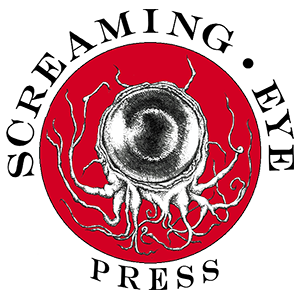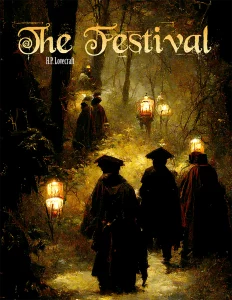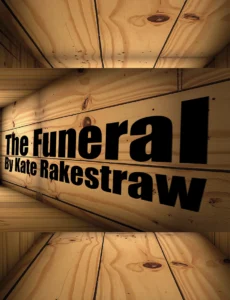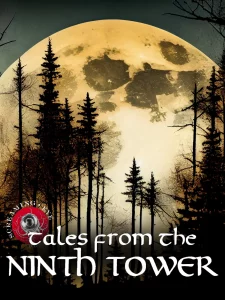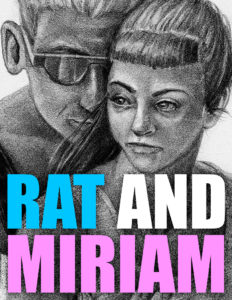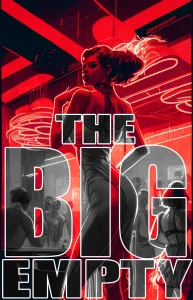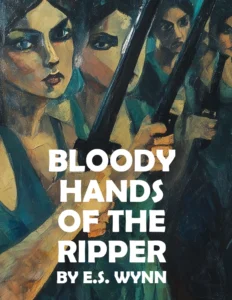The forest was still. There was no wind, only the sound of running water from August Creek. Then from behind him a croaking sound, as of a man trying to breathe through lungs that were nearly dust, a horrid sound of a beast trying to speak.
Charles turned toward the sound. Before him on the path toward the bridge, were two glowing eyes. Eyes without feeling. The flames of hell twinkling red in them. He moved and the eyes followed. He stepped forward, past Robber’s Rock and the eyes never blinking, quivered.
He tried to speak, “Ba… Baa… Beggar?” He asked the night.
Advertisement
There was another of those croaking, wordless replies and every hair stood on end.
“You… You have what is yours.” he pointed toward the tree stump where it seemed the ghoul was sitting, staring at him with its hellish glare, “It… It’s there, at your feet.”
He stepped toward the specter and the eyes went out! Disappeared!
Still there was that horrible croaking sound, sounding less and less like a voice trying to speak and more and more like a hungry predator about to pounce.
“Spirit.” he asked, “will you let me pass?”
The growl continued.
McGee gathered up his courage and started back toward the bridge. Passing the tree stump where he had last seen the specter and walking slowly away. He was nearly to the bridge when the growl suddenly became a roar, he turned and saw the fiery eyes coming toward him.
